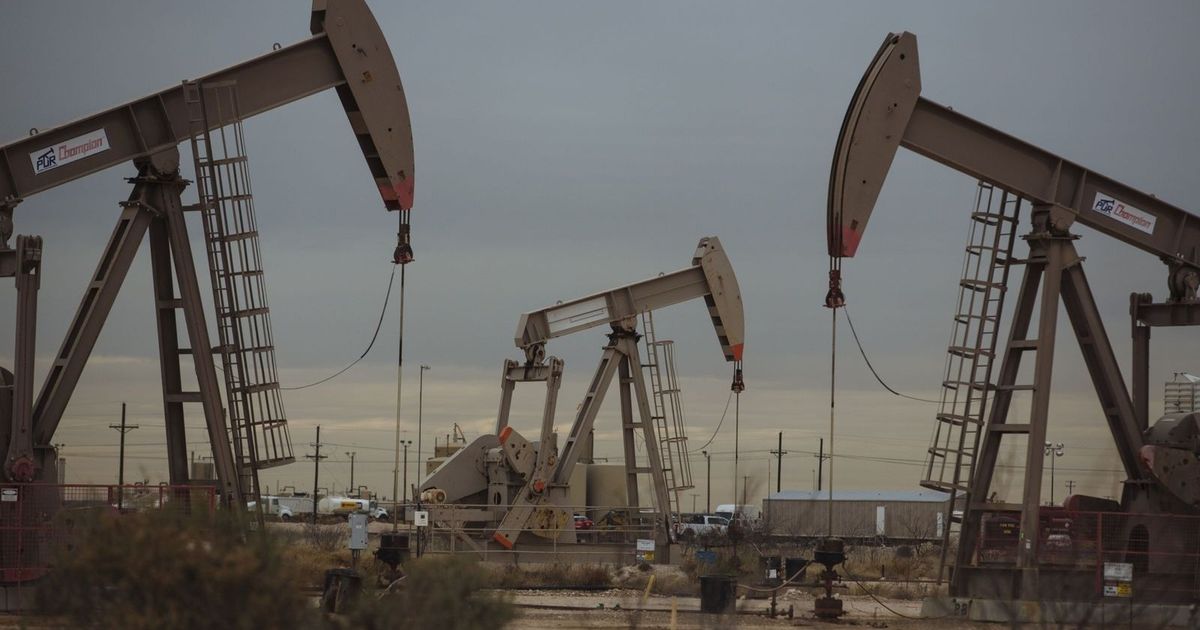Oil prices have resulted in falling in the midst of the failure of the mid -east conflict so far with the production of RU, while the Wall Street Journal reported that Iran unanimously expressed the willingness to calm the tension with Israel. West -texas -Inpar oil fell by up to 4.9%, after falling by about 1.3%in the middle of contemporary trade, to the newspaper report, which states that Tehran was open to a return to the negotiating table, provided the United States did not participate in the attacks. This development has contributed to the calming fear that the conflict will expand, which threatens the region that produces about a third of the world oil. Despite this decline, oil prices are still much higher than their levels before the attacks begin. The rough jumped by more than 7% during the session that the air strikes followed on Friday, and the markets saw the record quantities of futures and choices spread, while the Wall Street banks rushed to warn about the potential risks of the conflict. West -texas -Inintermediate crude oil dropped by 4.3% to $ 69.87 a barrel at 10:39 AM Oil, varying in the war that increased the tension to confuse the financial markets, as oil increased by more than 13% on Friday before it reduced some of these profits, in a time when investors tend to the assets of secure resort. Iran also canceled core talks planned with the United States in the Sultanate of Oman, after the Israeli attacks. The semi -official “Tasnim” agency reported that the Israeli strike on the field on Saturday caused a strong explosion and fire in a gas processing factory. Iranian gas is mainly used for local use and is not widely exported, as the field offers nearly two -thirds of the country’s supplies, despite the production and export of capacitors. Fear of closing the ‘street of hormuz’, while the attack on gas production infrastructure in Iran is the biggest concern of the oil market on the ‘street of hormuz’. Middle East producers send about one fifth of the global daily production over the narrow waterway, and prices can rise more than Tehran tries to close the sea streets. “The possible closure of the street of hormuz by Iran remains the most important engine engine event to be monitored, which can push the oil markets to an unprecedented area.” He added: “There is no evidence yet that such a scenario is possible.” Nevertheless, widespread market standards indicate a state of panic over the risks of immediate offer, as well as the fear of long -term conflict in the Middle East. The difference between the two nearest decades of ‘Brent’ rough for December, a large indication of long -term balances, jumped up to $ 1.29 a barrel to $ 3.48. The options markets also issue warning signals, as deviations are still in favor of the upcoming purchase contracts during the Asian trade session, while the volatility levels remain high. Trading sizes were also much higher than usual. * Prices have been updated in the case to reflect the reality of the market
Oil deepens its losses amid reports about Iran’s attempt to calm down
